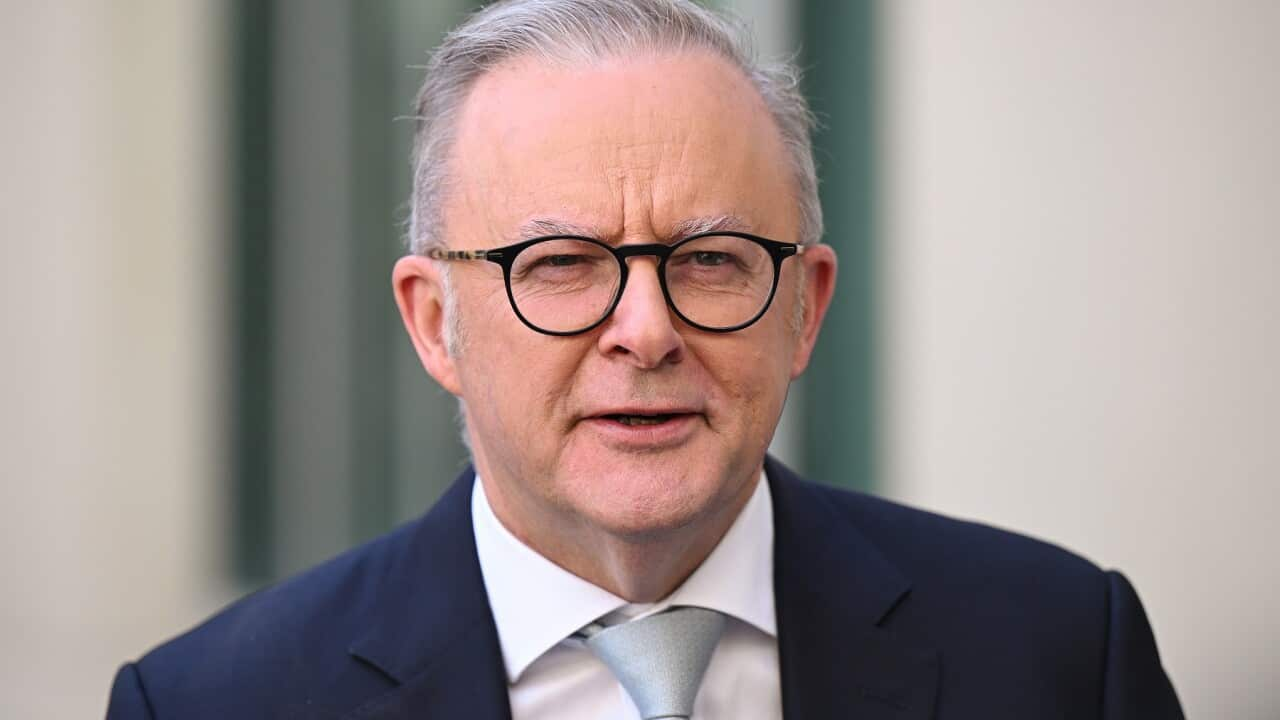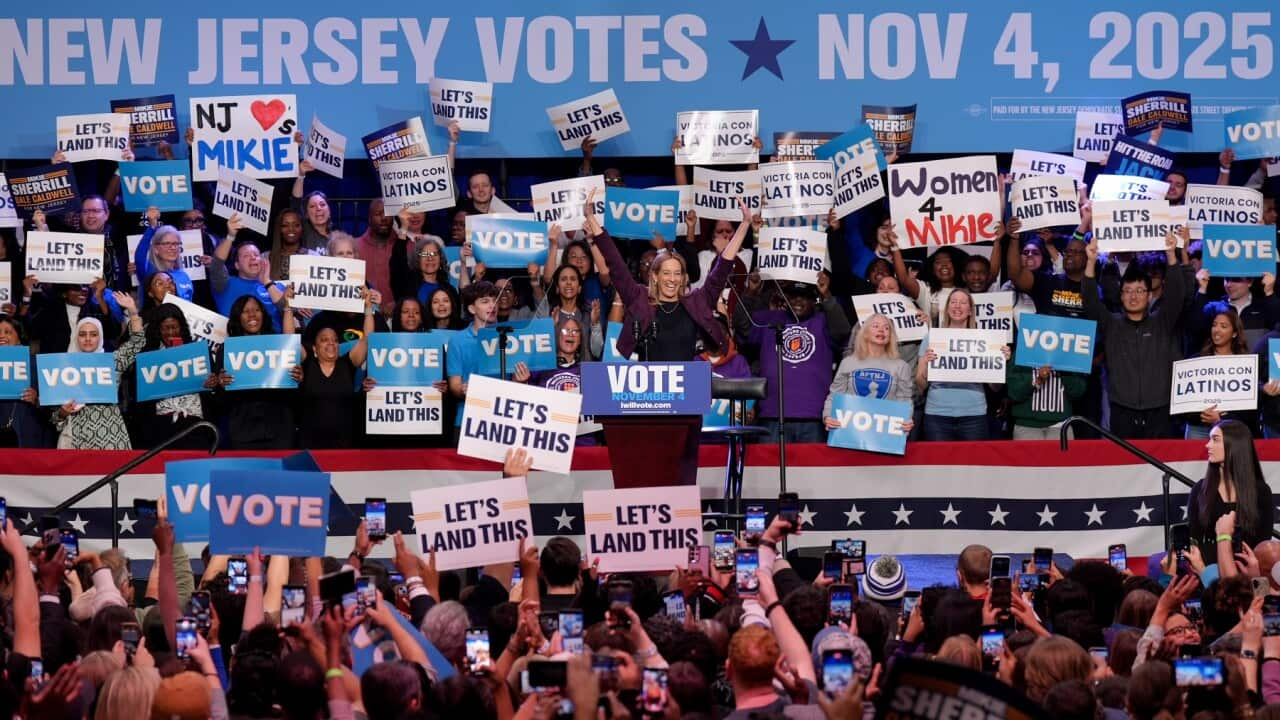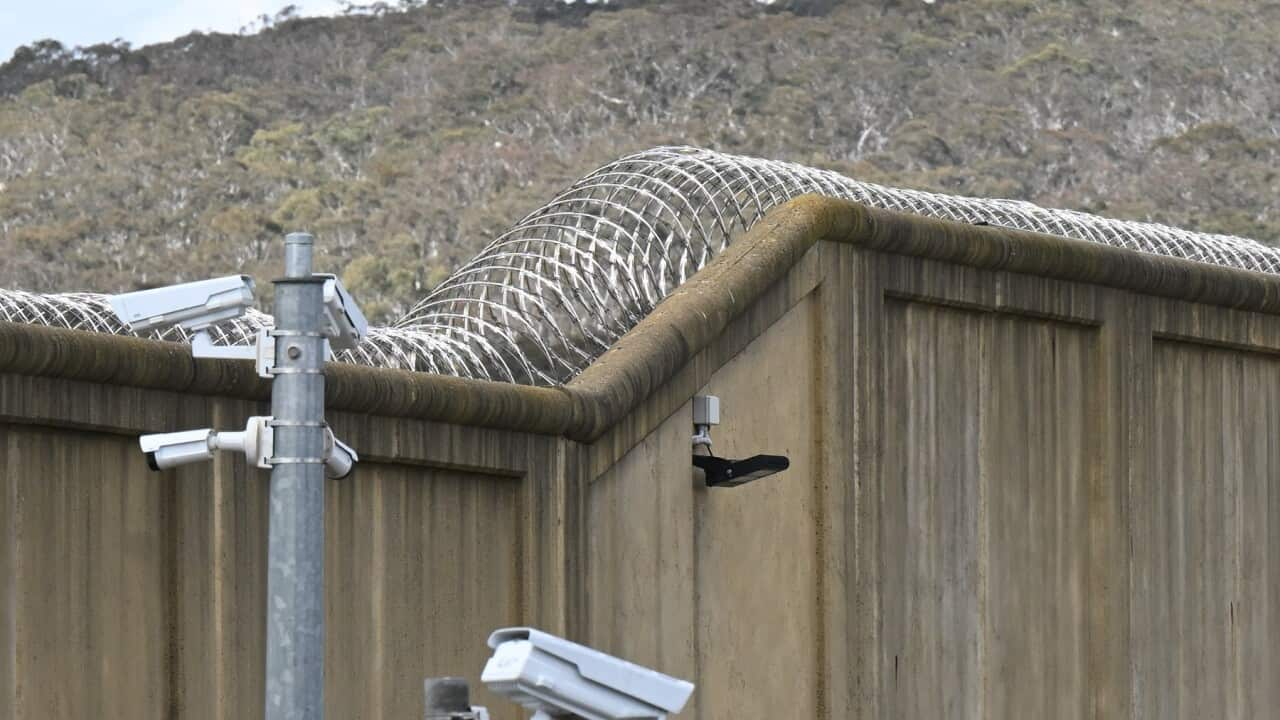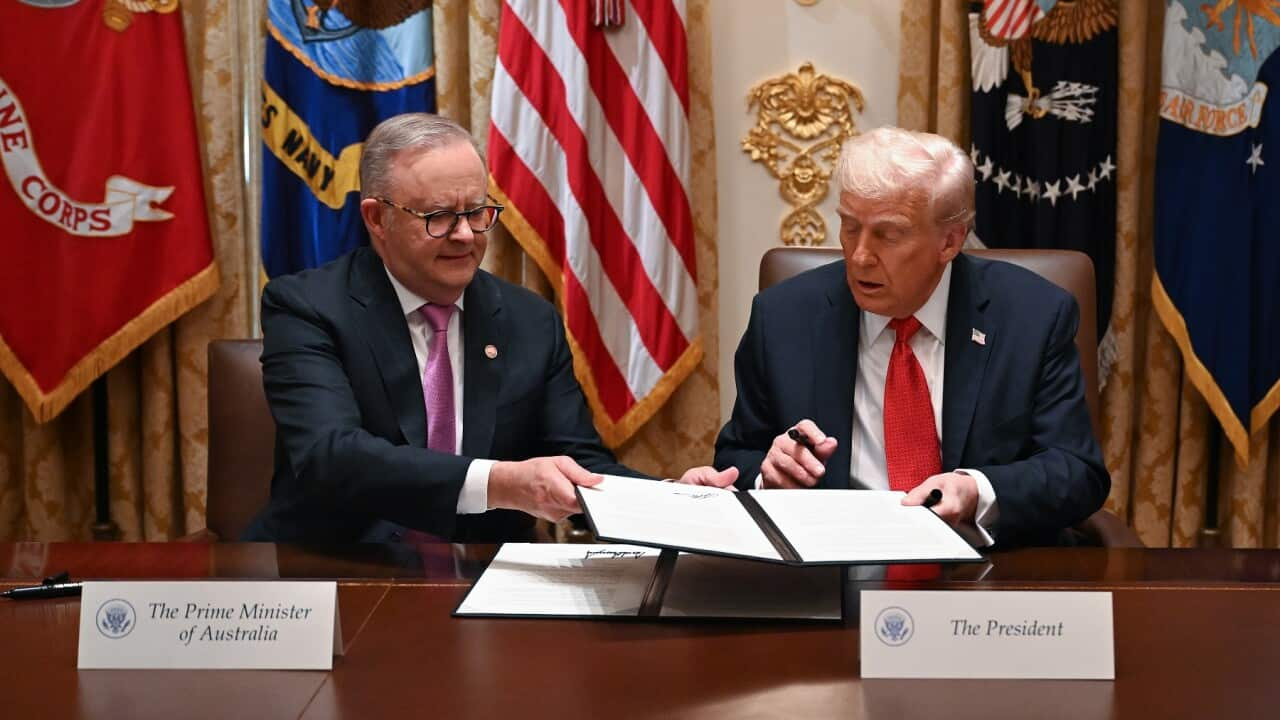Listen to Australian and world news, and follow trending topics with SBS News Podcasts.
TRANSCRIPT
People don't often think of politicians when they think of trust and honesty.
According to some researchers, public trust in parliament and government has been declining globally since at least 1990.
In 2024, the Governance Institute of Australia Ethics Index found that politicians, alongside real estate agents, are considered the least ethical professions.
So, when the federal government announced proposals to overhaul the Freedom of Information, or F-O-I Act, critics and experts warned against it.
"They hate me saying this, but if you know, the experts have crunched the numbers on the last parliament, it was the second most secretive government in the last thirty years. Like those are the facts. When you look at FOI, order for the production documents and the claiming of public interest immunity, and I mean all of you journalists know that, and the things that you're getting back that are just redacted to smithereens."
That's independent senator David Pocock, an outspoken critic of the changes, who says the proposals are not in line with what the Australian public thought they were voting for.
Among the proposed changes to Australia's Freedom of Information [[F-O-I]] are the introduction of fees for F-O-I requests.
While every state and territory, except the A-C-T, already charges for these requests, the Commonwealth does not.
Attorney-General Michelle Rowland says the fees are required to weed out the massive number of frivolous, and at times abusive, requests.
"In 2023-24 alone, public servants spent more than one million hours processing Freedom of Information requests. This is in part due to technology enabling large volumes of vexatious abusive and frivolous requests, tying up resources costing taxpayers money and delaying genuine requests."
Not only do the changes include charging individuals for requests, they also prohibit the public from making anonymous requests.
The government says this is to prevent identity fraud, assess national security implications, and protect agency officers from inappropriate behaviour.
When asked if his government was becoming more secretive, Prime Minister Anthony Albanese told reporters that given recent allegations of foreign interference, the changes made perfect sense.
"I think most people and people that I've had discussions with would find it surprising that people can put in anonymous FOI requests. What that means is that there's no way to determine whether a foreign agent or actor is putting in requests about information that are sensitive and no way of ascertaining that."
According to the Centre for Public Integrity, banning anonymous requests will have a worrying impact on vulnerable individuals, such as whistleblowers with legitimate fears about retaliation.
Beyond elections, transparency and the freedom of information is a key way in which politicians are held accountable for their actions.
Dr Gabrielle Appleby, from the University of New South Wales' Law and Justice, is the Director of research at the Centre for Public Integrity.
She told says that these changes prioritise government efficiency over transparency.
"Everyone agreed that the FOI legislation is in need of updating. And so we were anticipating this legislation, but the concerns have arisen in that this bill that's been introduced by the government instead of addressing those major concerns in relation to excessive delays, circumvention of statutory disclosure under resourcing have not really been directly addressed. And instead we see a piece of legislation that is turning the balance against disclosure and towards the importance of government operating effectively and therefore greater secrecy. Very concerning."
In the aftermath of the Robodebt Royal Commission, It was recommended to the government that they repeal the cabinet confidentiality exemption.
Charmaine Crowe leads social security at the Australian Council of Social Services, which says the damage caused by Robodebt could have been stopped sooner if Australia's F-O-I laws were more transparent.
Ms Crowe says that, instead of responding to concerns about abuse of the exemption, these changes will expand it.
"With the government's legislation to amend the freedom of information act, that it's also introduced this week, I mean, we have concerns because instead that legislation is going to actually limit further access to cabinet documents in the amendments as drafted. And the Robodebt Royal Commissioner stated in her report that had had the strict nature of cabinet documents not been the case in terms of being released under FOI laws, as we currently have it, you know, some of what was going on with Robodebt may have been revealed to the public much sooner."
The government can refuse to release certain documentation if they can claim that their release may be harmful to the public interest.
Recent analysis by the Centre for Public Integrity says that the Albanese government is substantially worse than the Morrison government at responding to Freedom of Information requests and producing government papers for public scrutiny.
Speaking to Channel Nine, Opposition leader Sussan Ley [[susan lee]] says the Albanese government is not delivering on a key promise to the Australian people.
"It's becoming a very secretive government, and Anthony Albanese said, in 2019 he was going to be transparent. He was going to be open. He was going to do things differently. Well, he has. He's done things very differently, because we're now seeing the hatches close, the lights go off, and secrecy rein in the areas that the public has every right to expect transparency, and truth."
The Centre for Public Integrity says that without an independent umpire, it is impossible to know whether public interest immunity claims are bogus and evasive or legitimate and necessary.
While transparency might not always be considered beneficial by government, experts say it should be, warning that secrecy around decision making can give fuel to misinformation and conspiracy.
On the other hand, politicians are more likely to act with integrity when they know they may face scrutiny.
As well as promoting good governance and accountability, Dr Appleby says transparency is crucial to a healthy democracy.
"Transparency means that the Australian people, the people who vote the government in and vote for and need to make decisions about how governments operating actually know how government is operating. So it strengthens democracy because the citizens, the Australian people are informed there's an informed citizen and they can vote accordingly."













